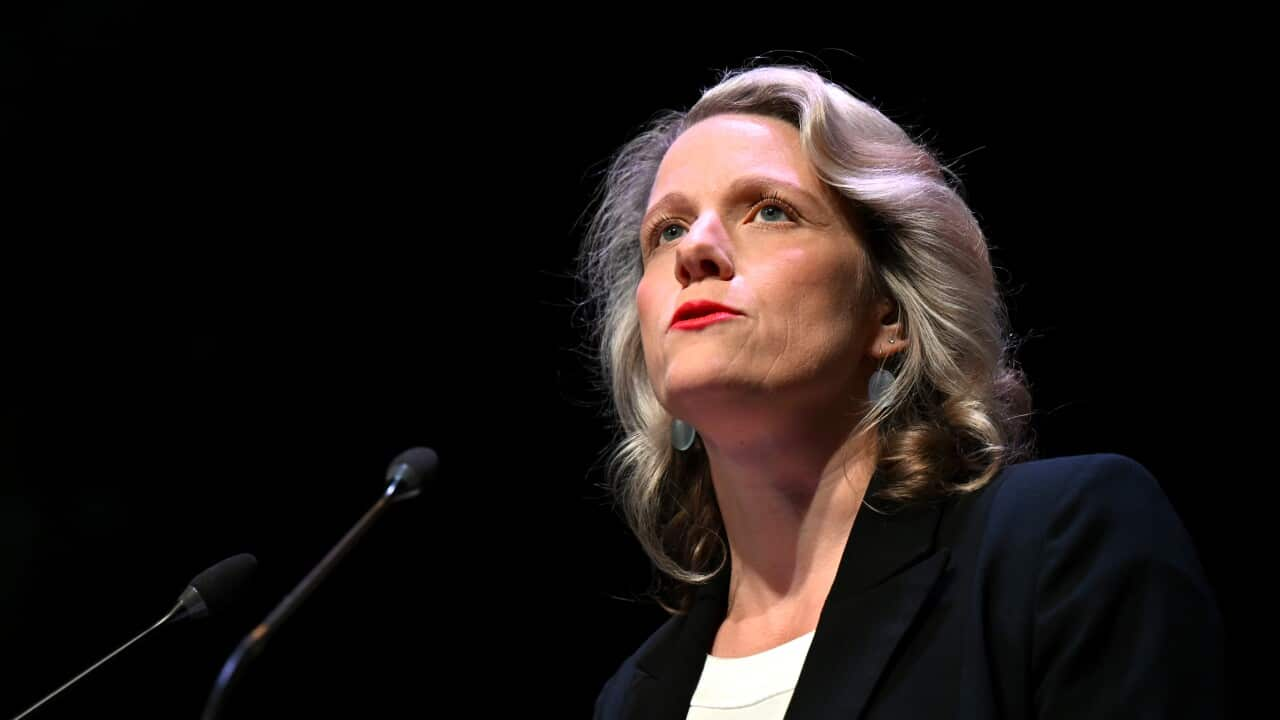Amid the socio-political unrest of 1977 Chile, 26-year-old Lucy Marin and her family fled to Australia.
With their two-year-old baby Cesar in tow, Lucy and her husband Oscar wanted to escape the problems of General Augusto Pinochet’s dictatorship that saw members of her family persecuted and incarcerated.
Pinochet led a brutal regime which repressed the country through corruption and countless human rights abuses such as extrajudicial executions, torture and forced disappearances. It would last for 17 years.
Having a lived experience of trauma meant the now 68-year-old Lucy has been able to dedicate herself to a life of understanding others, counselling newly-arrived people from refugee backgrounds with similar emotional bruises.
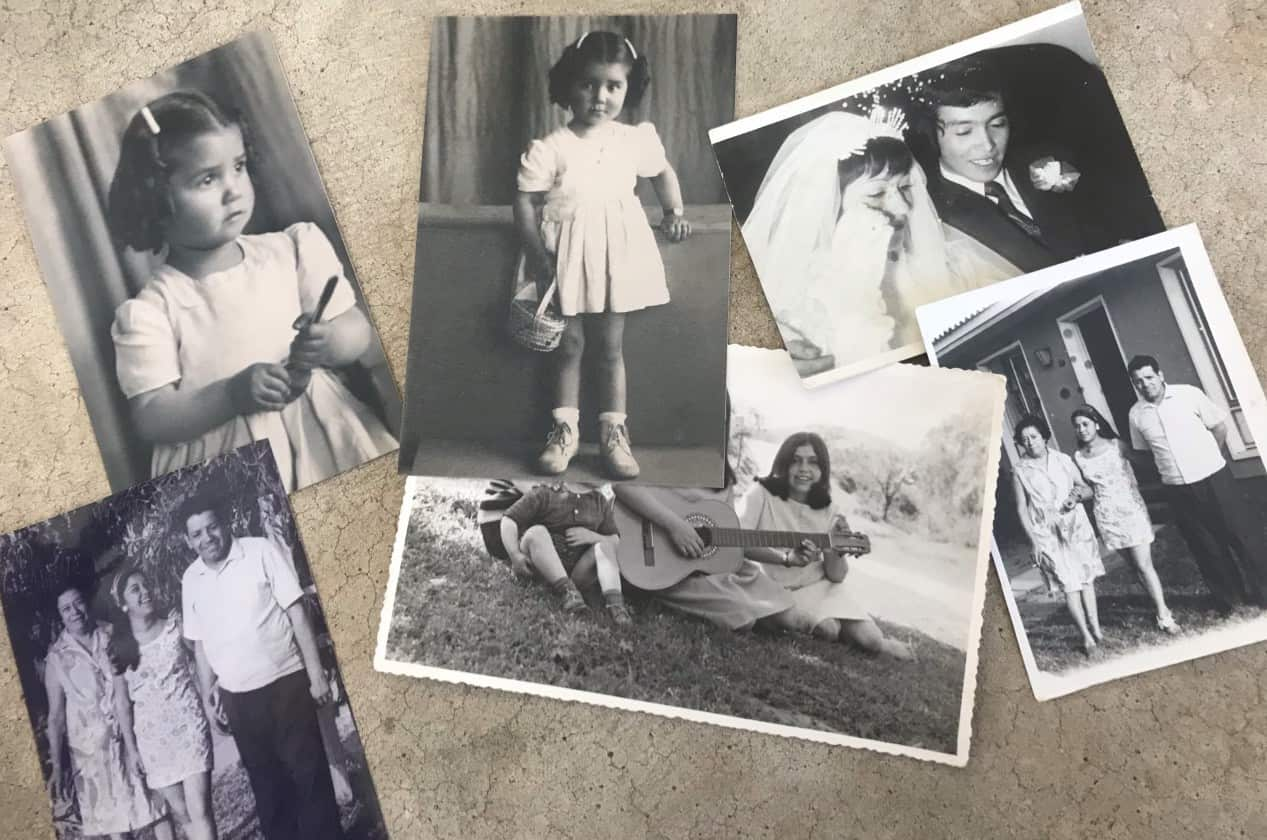
Lucy left her life in Chile behind to come to Australia. Source: Supplied
“I think it has a lot to do with how much you can give and provide and support your communities when you know how difficult it is to arrive in another country with the lack of everything,” she told SBS News from her home in Edensor Park, western Sydney.
“The lack of knowledge of the new culture, the lack of support, with most of your feelings breaking down because of trauma, grief, isolation, language barriers – everything.”
Lucy studied social work and welfare community services at TAFE, trauma counselling at the NSW Institute of Psychiatry, and between 1985 and 1989, worked in settlement services with the Department of Immigration.
For the past 31 years, she has worked as a counsellor and project officer at the NSW Service for the Treatment and Rehabilitation of Torture and Trauma Survivors (STARTTS).
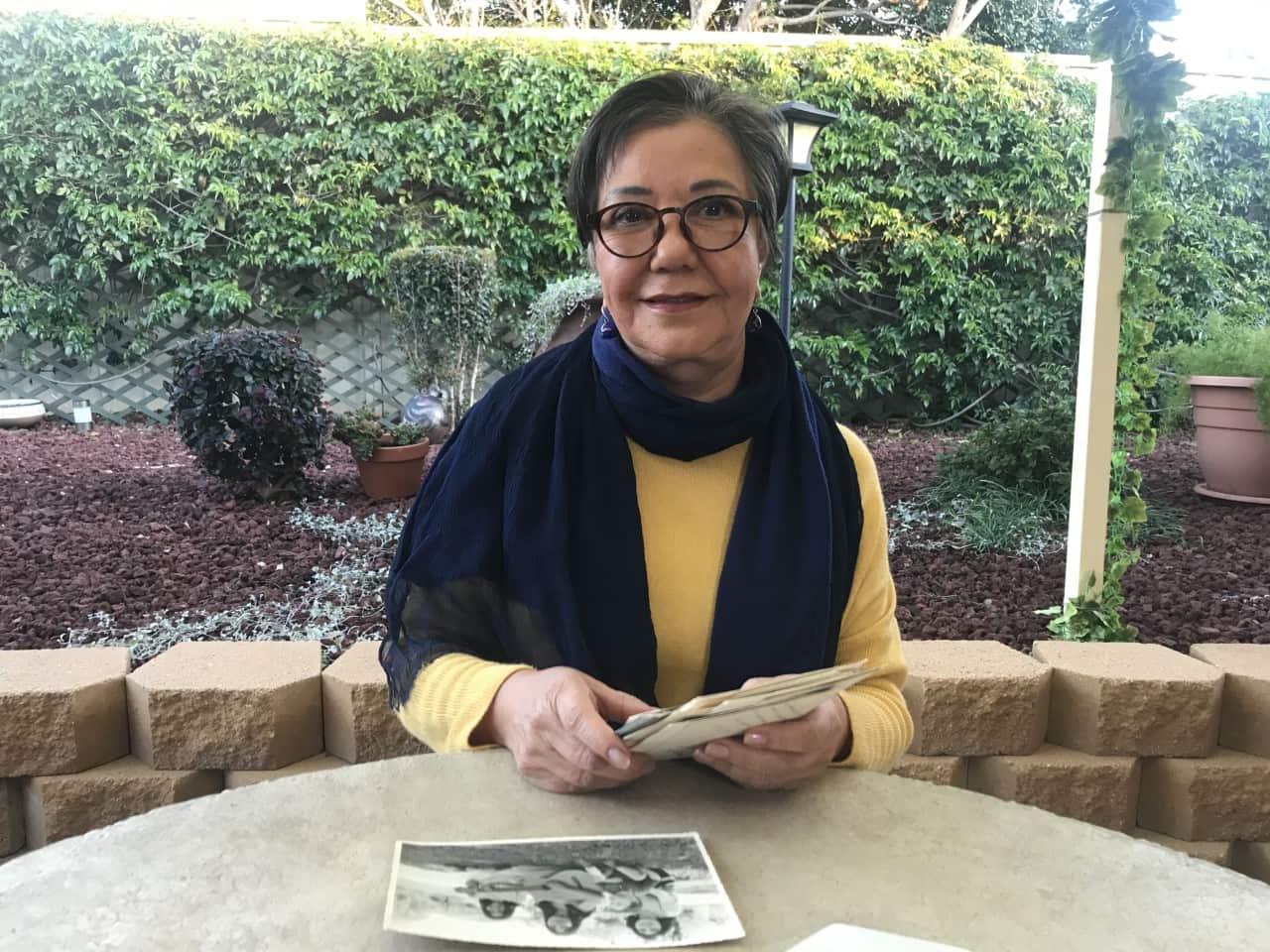
Lucy has worked at STARTTS for 31 years. Source: Bernadette Clarke/SBS News
Her clients have fled various countries due to traumatic experiences, leading to mental health issues, and face new obstacles settling into a different country, culture and language.
Lucy's commitment to the health and rehabilitation of refugees saw her announced as a recipient of the Medal of the Order of Australia on Sunday, a recognition she did not expect.
“I actually couldn’t believe it. It’s much appreciated to the people that took the initiative of doing this,” she said. “I feel extremely well about it. Not just for myself, but for my community as well. I think it is a fantastic thing to be part of.”
Recipients for the Queen’s Birthday Honours List are nominated by members of the Australian public. This year, 41 per cent of recipients in the General Division are women, despite a campaign for a 50-50 gender split.
Lucy says she is honoured to receive the award.
“As a woman, as a representative of females in my community, as a mother, I think it’s a great achievement.”
“I feel very happy to be in a position, later living in this country after 43 years, where I feel very Australian, but I feel very Chilean. Not only me, my family [too].”
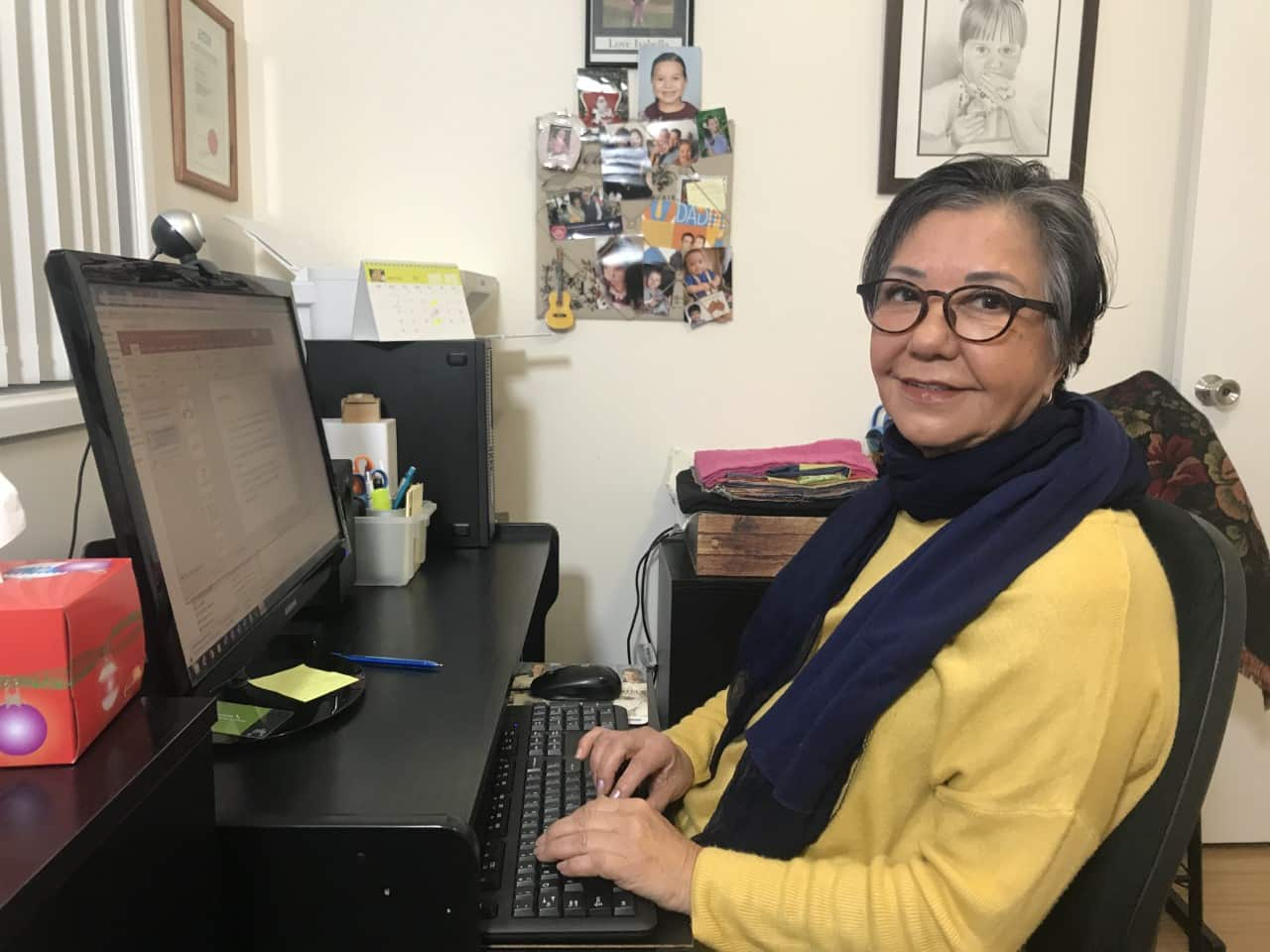
Lucy's clients have fled various countries due to traumatic experiences. Source: Bernadette Clarke/SBS News
Lucy says her sons, Cesar, now 45, and his Australian-born brother Steve, 37, feel just as Chilean and Australian as she does.
Since her boys were little they have sung lullabies in Spanish, and they have maintained their connection to their Chilean culture through music, playing traditional instruments such as the charango and drums.
Lucy admits that working in the trauma sector can be difficult, and at times upsetting for her and her colleagues, many of whom are also from migrant backgrounds.
“It can be very traumatic for me as well, [but] the healthy thing about STARTTS is that we have a clear understanding of [the client’s] trauma, because one way or another, as a counsellor, we’ve been through some of the same experiences, or the migration process of settlement, and barriers.”
One particular client Lucy remembers from her years of service is a 25-year-old man who had been a guerilla in Central America since the age of nine.
“He was doing that in secret because he was told at the time that if he told someone, his family was going to be killed,” she said. “He was vulnerable, he was not conscious of what he was doing.”
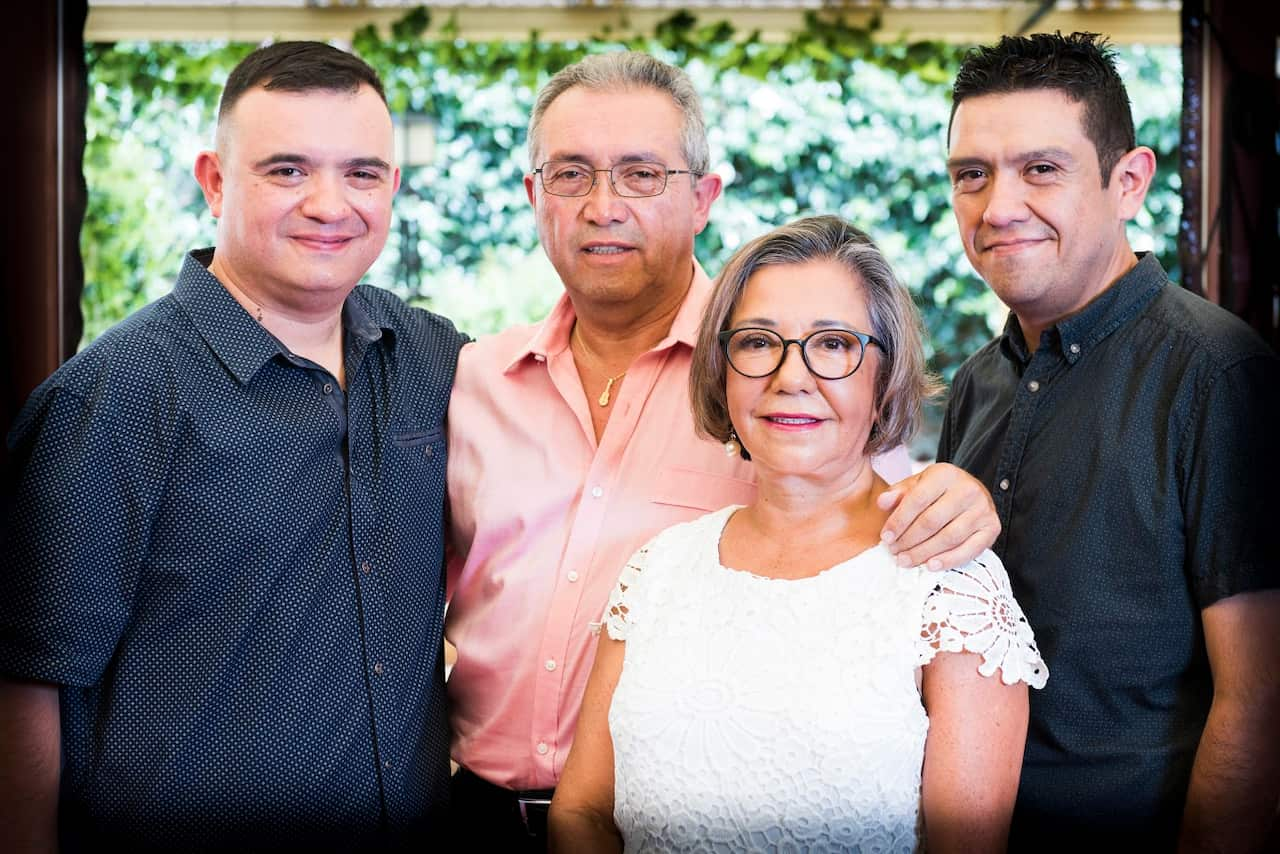
Lucy with her husband and sons. The family remain connected to their Chilean culture. Source: Supplied
Lucy said people who come from traumatic backgrounds could have the mentality to do awful things to people around them, but her client chose not to, and instead, sought her help.
“That child being so scared … because of his fear, he could have done nasty, ugly things. He was a victim, he could victimise other people, but he needed to survive.”
Lucy says it brings her joy bumping into her clients years later.
“It’s a beautiful feeling, seeing those clients from 20, 30 years ago and I can see they’re successful, settled, focused in life, having their families protected - it’s beautiful.”
“I wish STARTTS existed in 1977 when I first arrived here.”
The non-profit service provides culturally relevant psychological support and community intervention to help trauma survivors and refugees rebuild their lives in Australia.
Lucy says she has seen a positive shift in the way some minority communities are now embracing conselling thanks to bilingual services becoming more readily available.
An area in which she is being recognised as part of her honour is her years of providing help to those who wish to speak Spanish during sessions.
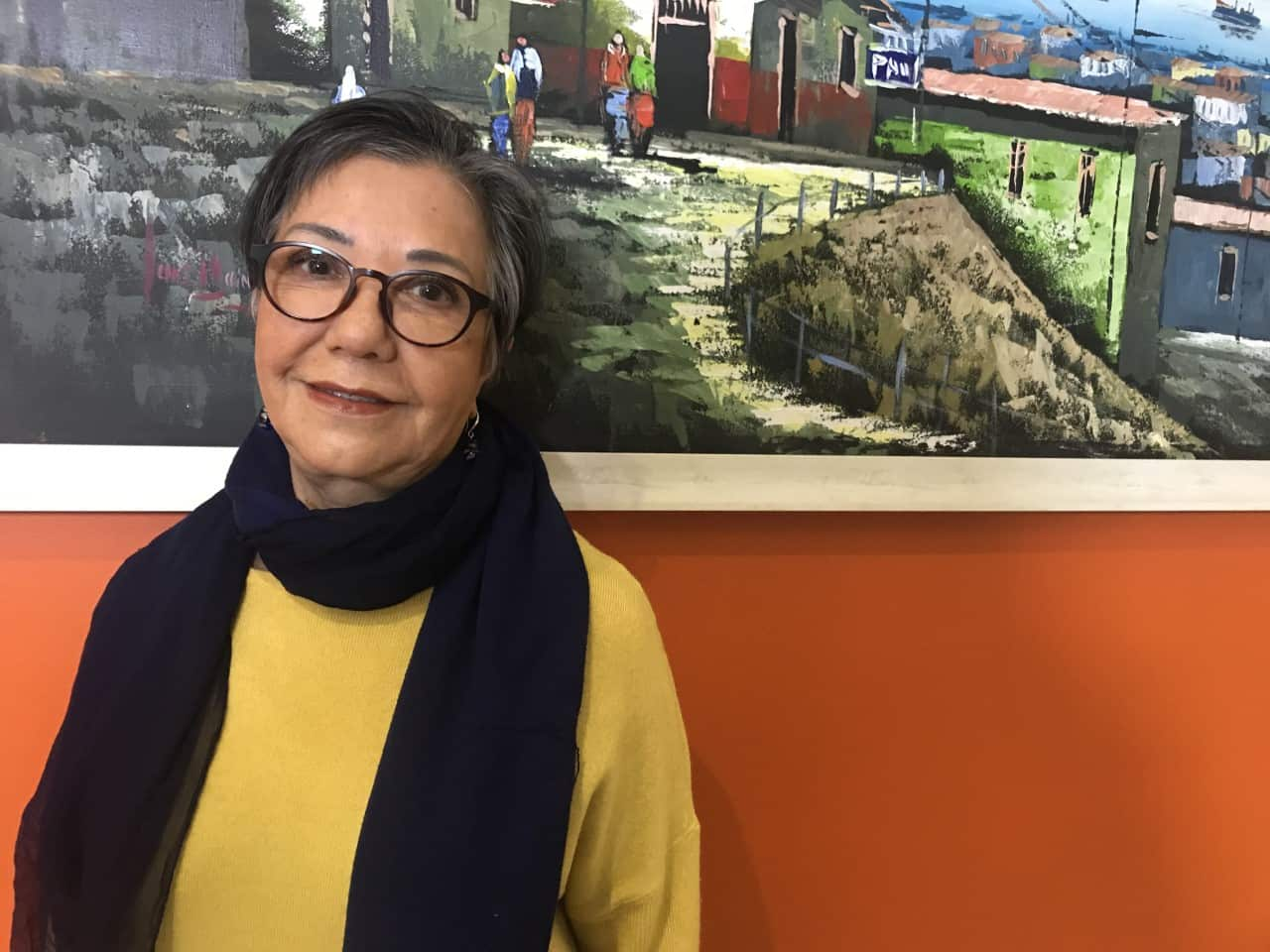
Lucy is proud to receive a Queen’s Birthday honour. Source: Bernadette Clarke/SBS News
“Conceptualising more than feelings is extremely important to express what you feel in your mother language until you properly feel comfortable that English can be as much as the same as the other language,” she said.
“It opens the doors for individual clients to contemplate counselling, because the concept of counselling 30 years ago was not that acceptable in some communities.”
“I think these days it’s becoming more and more acceptable to go and consult with someone or talk to someone about your pain.”
With no plans to retire any time soon, Lucy said she has a message for women of all ages who want to follow a meaningful cause.
“I would like to encourage more women, it doesn’t matter the age, to focus in their life and contribute to themselves, their families, their communities, their friends, and say that getting to where they want to get is possible.”
Readers seeking support with mental health can contact Beyond Blue on 1300 22 4636. More information is available at .
supports people from culturally and linguistically diverse backgrounds.








